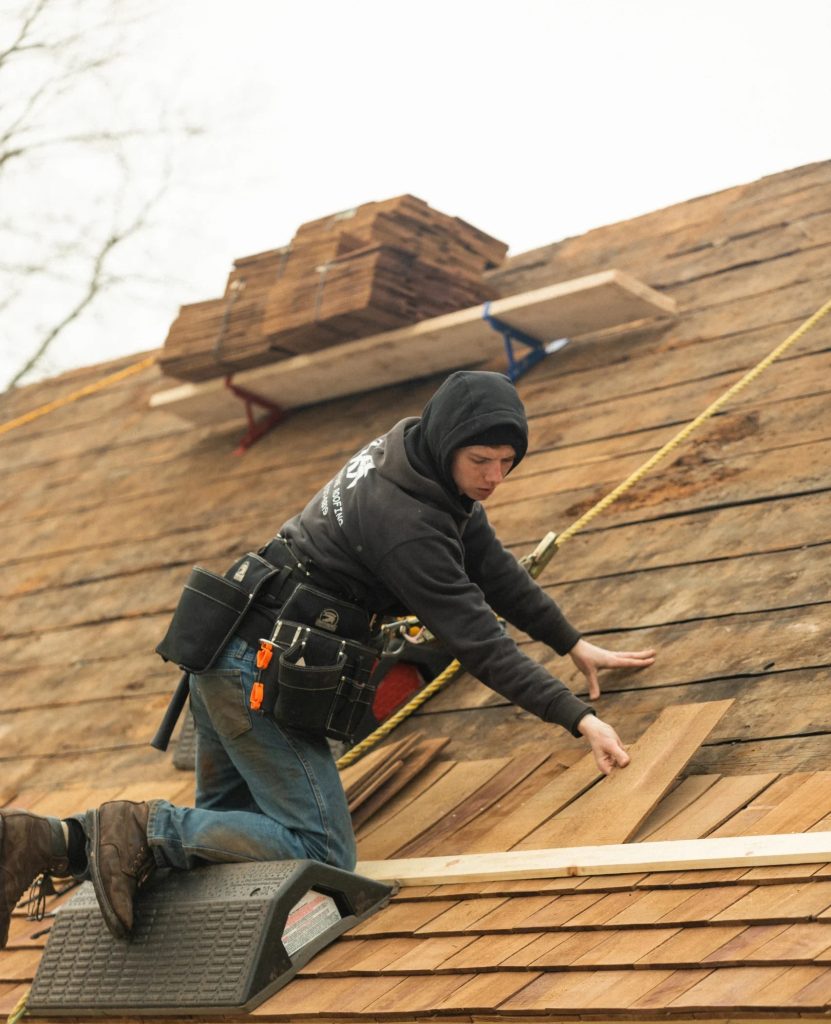Multi-Family Roofing Projects Require Skilled and Experienced Contractors
When it comes to multi-family roofing projects, the need for skilled and experienced contractors cannot be overstated. Multi-family properties, such as apartment complexes, condominiums, and townhouses, present unique challenges that require a high level of expertise and attention to detail. Unlike single-family homes, these projects often involve larger roof areas, multiple units, and the need for precise coordination between various teams and trades. A poorly executed roofing job on a multi-family building can lead to a range of issues, from water damage and leaks to costly repairs and tenant dissatisfaction. The scale of a multi-family roofing project makes it more complex than typical residential jobs. A roofing contractor must be able to manage not just the physical installation of the roof but also the logistics of working on a larger site. They need to carefully plan and stage the work to minimize disruption to tenants and ensure the safety of both workers and residents.

Because these buildings often house many people, the contractor must communicate effectively with property managers, tenants, and other stakeholders to ensure that the project proceeds smoothly and within the agreed timeline. Effective communication can help mitigate issues such as noise, limited access, or interruptions to daily routines. Furthermore, multi-family roofing projects require contractors who are well-versed in local building codes and regulations. Since these buildings are often subject to more stringent requirements than single-family homes, the roofing system must meet specific standards for safety, durability, and energy efficiency. Experienced contractors are familiar with these codes and can help property owners navigate the permitting process, ensuring that the work is compliant and reducing the likelihood of delays or penalties. They also understand the materials and techniques best suited for multi-family properties, considering factors like roof slope, weather conditions, and the load-bearing capacity of the structure.
Another critical aspect of Multi-Family Roofing projects is the ability to handle different roof types. For example, flat roofs, which are common in commercial and multi-family buildings, require specialized knowledge regarding drainage, waterproofing, and insulation. In contrast, pitched roofs, which are found in some multi-family structures, may require different techniques and materials. Contractors who have experience with both types of roofs will be better equipped to address any challenges that arise during the project. The importance of choosing an experienced contractor is also evident when it comes to the long-term durability of the roof. Multi-family properties are a significant investment, and owners want to ensure that the roof can withstand the test of time. Skilled contractors use high-quality materials and techniques that not only enhance the aesthetic appeal of the property but also improve the overall performance of the roof. Whether it is improving insulation to reduce energy costs or using materials that are more resistant to harsh weather conditions, experienced contractors know how to deliver results that will stand up over the years.